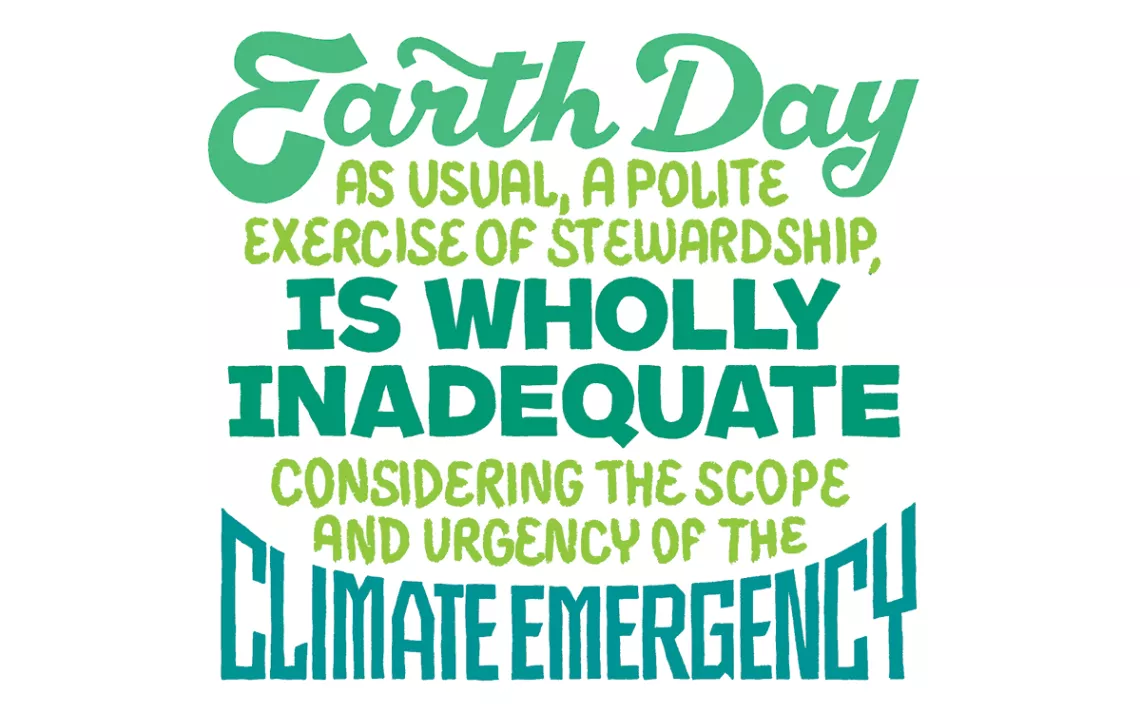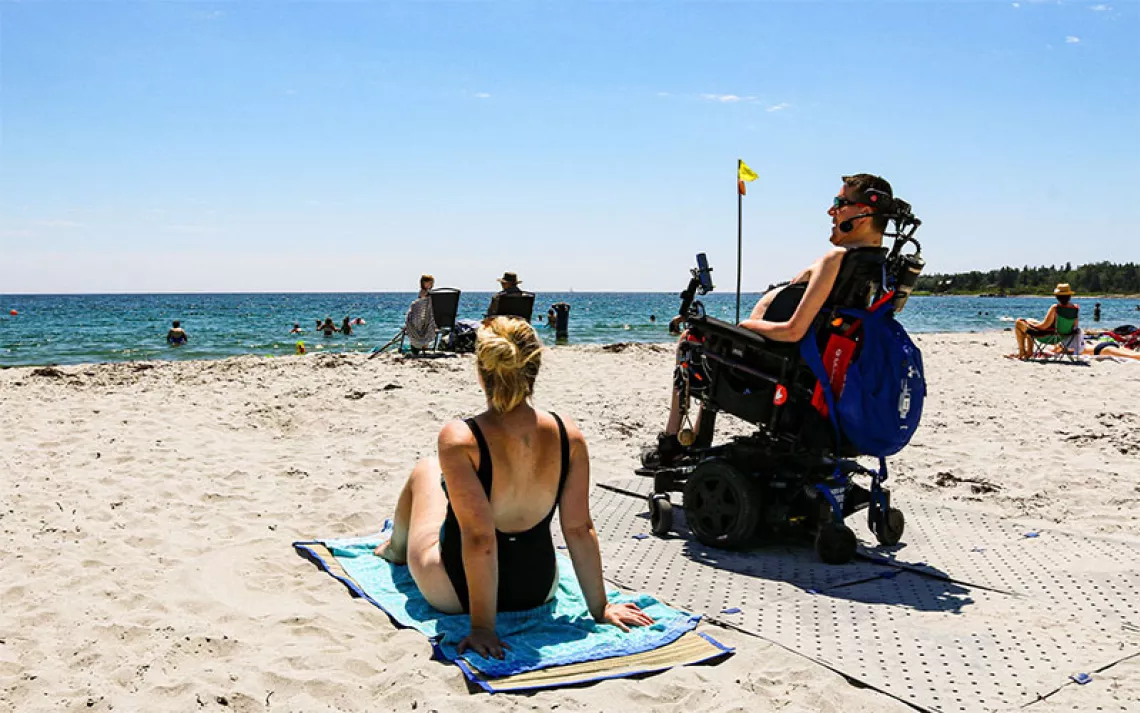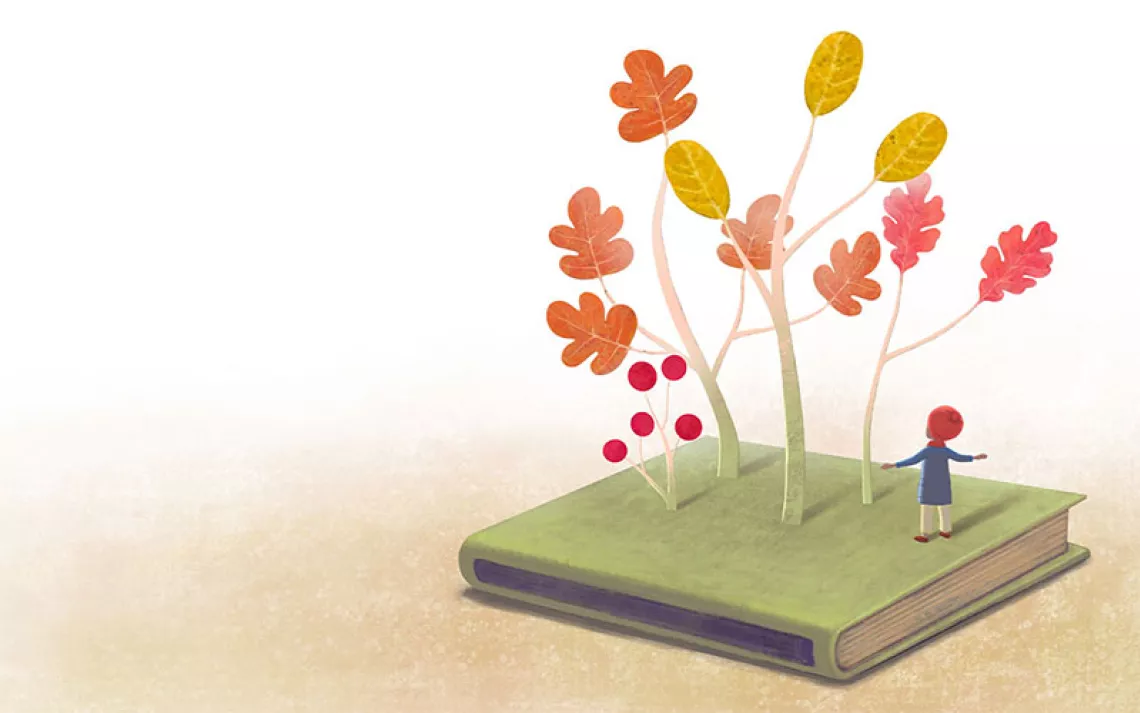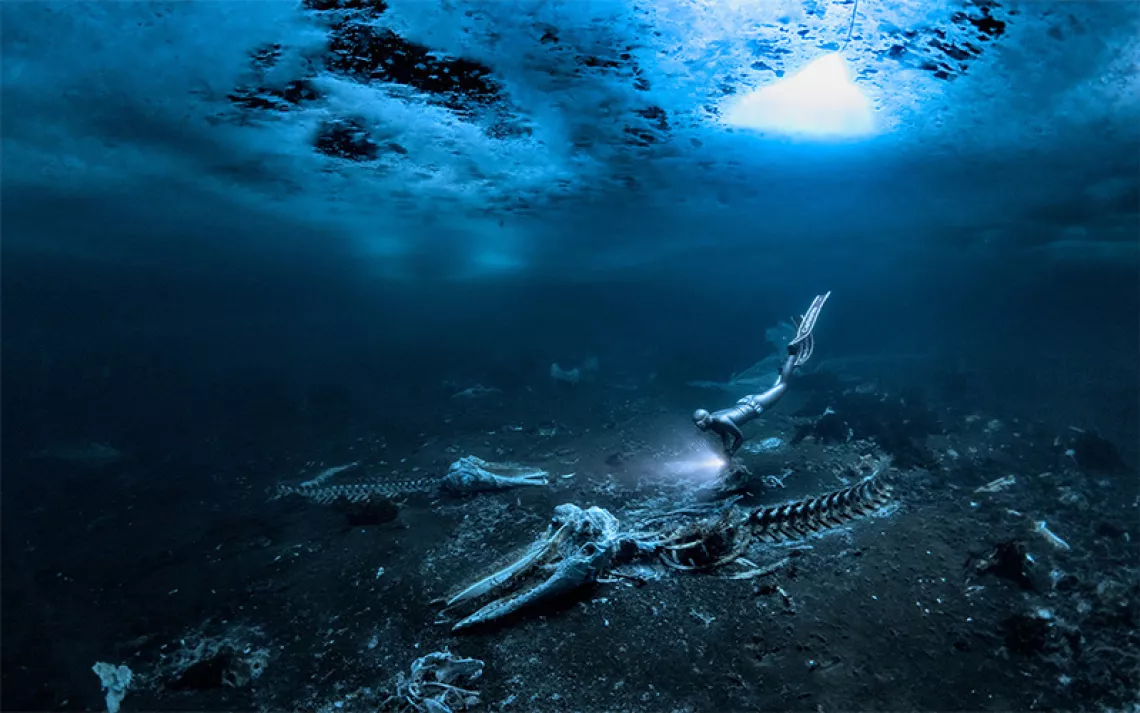From the Pond to the Streets
This Earth Day, it's time to pick up a shovel and get to work
Thinking back to April 22, 1970, I remember the smell of freshly mimeographed Earth Day flyers and the feel of mud on my hands. I was a high school junior in rural upstate New York, and our small band of treehugging students prevailed on the principal to let us organize an Earth Day observance. We marched to the auditorium to give what we hoped were inspiring speeches, using science to change the mind and poetry to strengthen the heart. Words are strong tools but don't by themselves rescue species from the harms we inflict, so we also committed to practical action.
After the bell rang, we began to hand-dig a pond in the woods behind school to create a refuge for salamanders. The mud was heavy, but our spirits were light with purpose. We sang as we worked. It's funny how after all these years, words and shovels are still my tools of choice as a writer and a restoration ecologist.
While our tiny pond filled with water, we felt a part of something powerful—earlier, on the news we'd watched faraway cities filling with throngs of people demanding an end to oil spills and songbirds falling dead from the sky. Given today's polarized politics, it's striking that the movement was supported by disparate constituencies: rural and urban, left and right, rich and poor. The earth beneath our feet formed our political common ground.

Five decades later, calls to "make every day Earth Day" predictably follow every annual tree-planting or trash-pickup event. This is good. But corporations using Earth Day as an occasion to "green their brands" while they continue exploiting our resources the other 364 days of the year? That's not good. I fear that the fierce energy of the first Earth Day has softened into a kind of green complacency—if we just recycle more and buy green products, all will be well. Or we've adopted the counternarrative that we are powerless to change the fearsome trajectory. Neither story will save us.
There was a time—before we knew better—when we trusted that incremental ecological action would propel the collective shifts that we need. The problem is, we don't have time. Earth Day as usual, a polite exercise of stewardship, is wholly inadequate considering the scope and urgency of the climate emergency.
On that point, the little salamander pond was a good teacher. In hindsight, it taught me to recognize that our shovels are no match for power shovels ripping open the taiga for tar sands. Our beach cleanups are a grain of sand compared with the oceanic plastic patches. Donations to conservation organizations are vital but dwarfed by the investments of fossil fuel companies that collude to wring the last dollar from the land while the earth burns.
On a recent Earth Day, I spoke with a beloved student who was about to graduate and go into environmental activism. "I'm sorry," I said, "that you have to still fight these battles. I thought we would have this figured out by now." She responded, "Don't you see that this is the best possible time to be alive?" Climate chaos? Extinction crisis? I didn't get it. She looked me in the eyes and said, "We are on the precipice. When everything hangs in the balance, it matters where I stand. How wonderful to live in a time when everything that I do matters."
This Earth Day, I want to join my students and millions more in the streets again, marching to show our outpouring of love for the earth, our grief for what has been lost, our defense of what remains, our defiance of corporate greed. And then we'll take up our shovels and get to practical work: digging the pond, planting the world that we want, and singing as we go.
This article appeared in the March/April 2020 edition with the headline "From the Pond to the Streets."
More Earth Day essays:
 The Magazine of The Sierra Club
The Magazine of The Sierra Club



